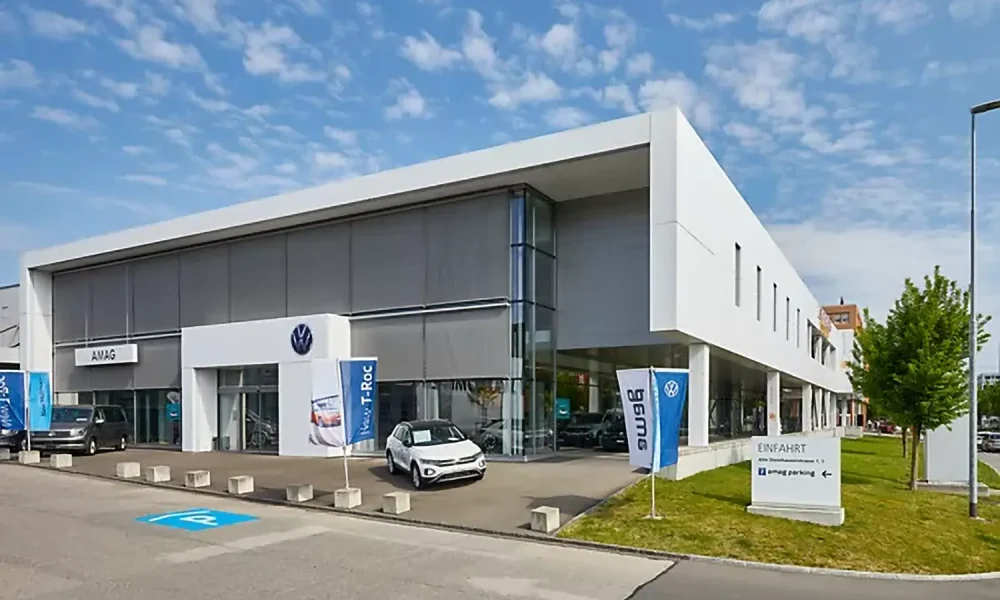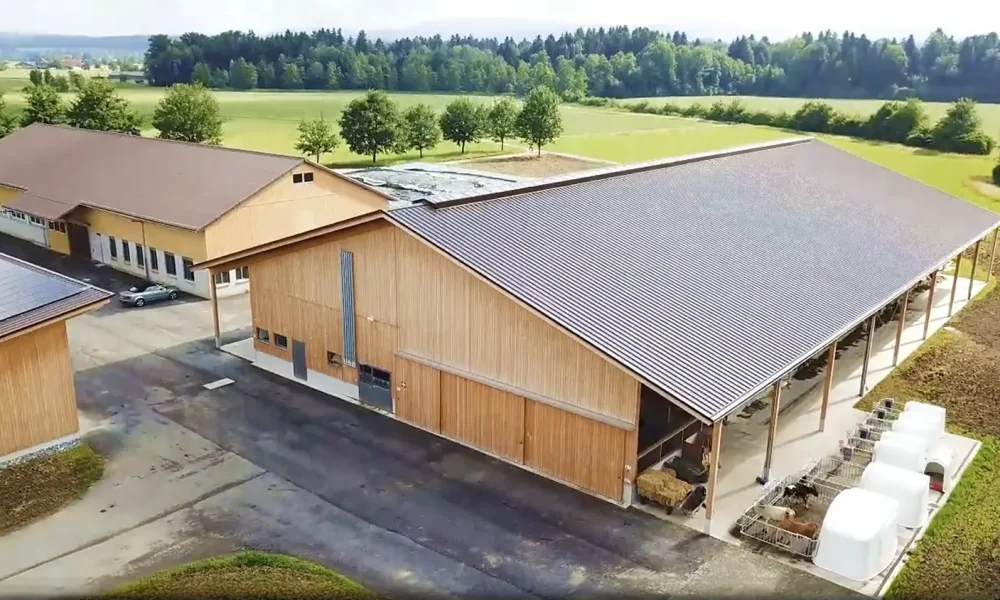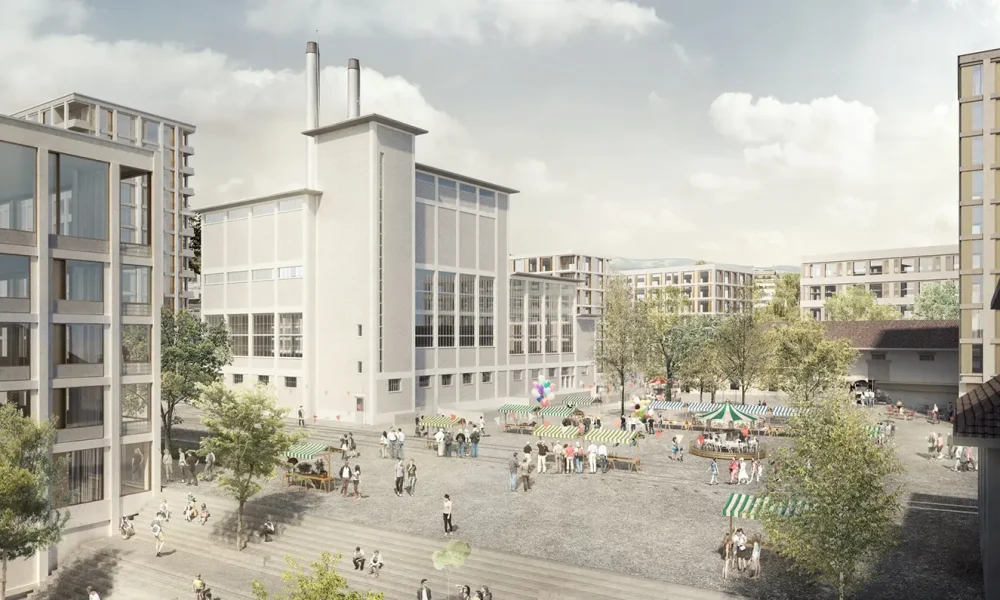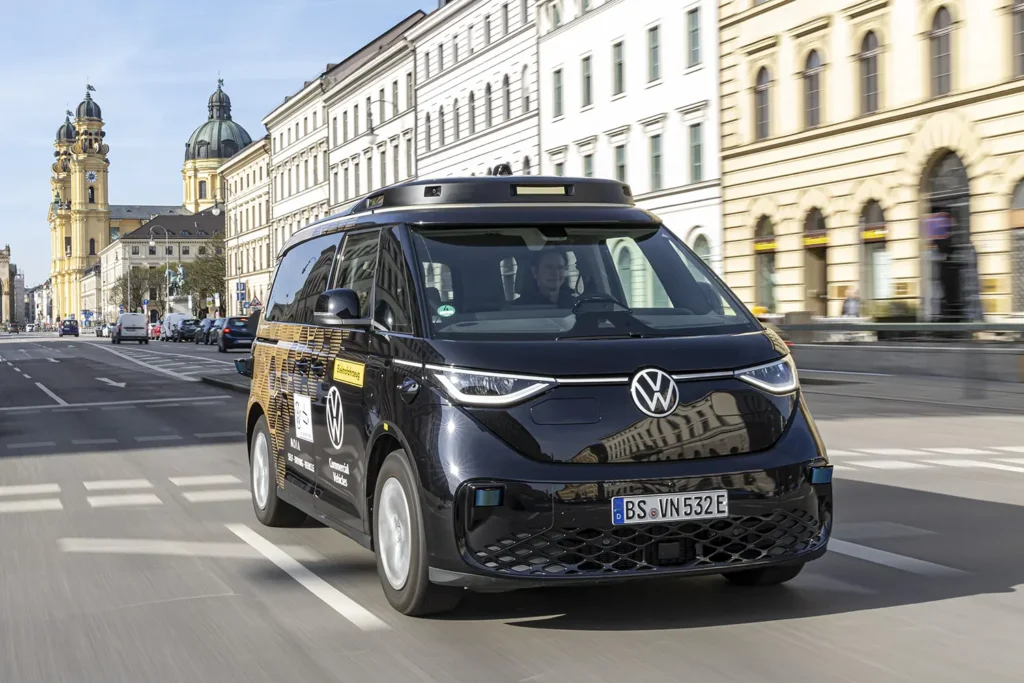The ‘Zug Virtual Power Plant’ project aims to strengthen energy resilience in the canton of Zug and thus enable continued security of energy supply at affordable prices in future. The ZUG ALLIANCE aims to achieve this goal by establishing a new kind of ecosystem in which business, science and politics band together to think and act in the interest of innovation.
Intelligent planning of the required energy quantities for each location and energy source (heat, electricity, chemical energy for industrial applications) and the timing of energy flows should minimise the need for physical grid infrastructure. Surplus energy will be stored with the lowest possible losses and made available again if required.
Once the scenarios have been developed in theory, the systems of the involved stakeholders will be appropriately equipped and validated in reality in a demonstrator. Thanks to the involvement of WWZ, operators of industrial, service and residential sites, with expertise in site management, suppliers of stationary and mobile batteries, and a chemical energy storage system as part of the Coalition for Green Energy and Storage (CGES) with ETH, all opportunities in the perimeter can be realised in prototypes.
In order to reach the net-zero target, solar and wind energy need to be significantly expanded. Since these are stochastic energy sources, storage systems are necessary in order to be able to use the energy. The approximately 85,000 vehicles in the canton of Zug offer a unique opportunity to do this: as decentralised storage systems, they can firstly stabilise the grid and secondly bring electricity from day to evening or even store it for several days and make it usable again. In addition, the grid expansion can be greatly reduced. Grid-optimised charging (bidirectional charging) of vehicles is therefore one of the central keys to achieving net zero.
The ZUG ALLIANCE’s ‘Grid-optimised charging’ pilot project uses the latest technology, which is still in the final stages of development.
In the first phase, three locations are used to test how bidirectional charging technically works when integrated into an area’s grid (vehicle-to-building).
In the second step, the ZUG ALLIANCE investigates how bidirectional charging can work for all stakeholders. The focus is on new business models that work to promote the expansion of renewable energies and optimise their use.
In the subsequent steps, the ZUG ALLIANCE connects the locations via vZEV (virtual association for self-consumption) or LEG (local electricity community) and develops vehicle-to-grid (V2G) integration in order to finally gain the insights needed to scale up grid-optimised charging across Switzerland.

Cham Group's Papieri-Areal with its own ZEV and 75% energy self-sufficiency

Volkswagen brand dealership in Cham (AMAG Group)

Agricultural Education and Advisory Centre (LBBZ)

On the Papieri site in Cham (Cham Group)

Volkswagen brand dealership in Cham (AMAG Group)

Agricultural Education and Advisory Centre (LBBZ)
In the canton of Zug, the aims to is expand public transport in addition to bike-based and non-motorised transport. There is also support for forms of mobility that improve energy and space efficiency, increase the benefits for mobility users and/or support the housing objectives in the «Richtplan des Kantons Zug». Central notions for Zug Mobility 2040 include the economical use of traffic areas in line with the housing areas, energy and climate targets for mobility, and seizing digital development as an opportunity. The latest digital developments bring new opportunities with intelligent algorithms and autonomous vehicles.
ZUG ALLIANCE is working with the Canton of Zug to develop a feasibility study for the integration of automated ridepooling vehicles by spring 2025. The aim of the study is to gain a better understanding of the topic and implementation options in Zug and to take on a pioneering role in Switzerland when it comes to automated driving.
